


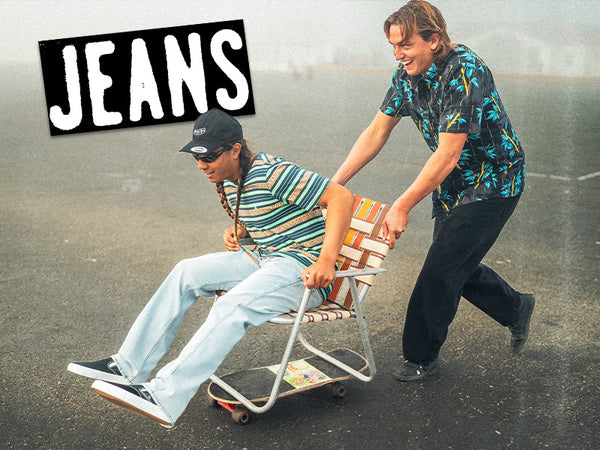

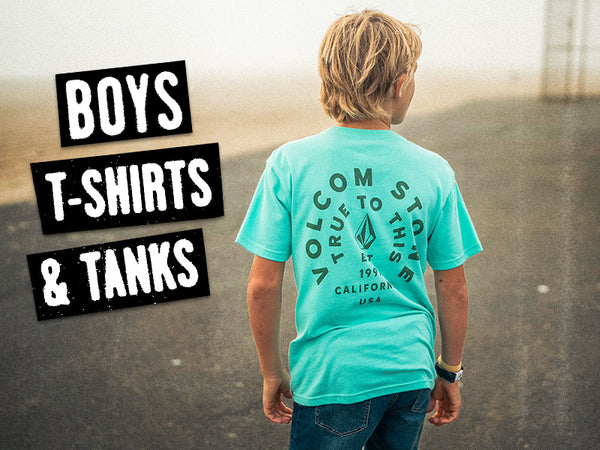

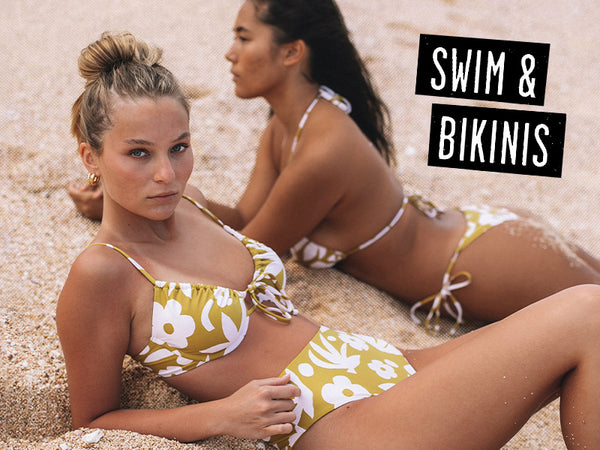



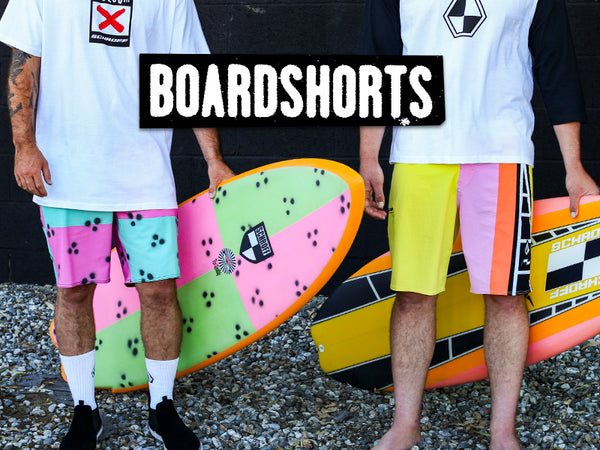

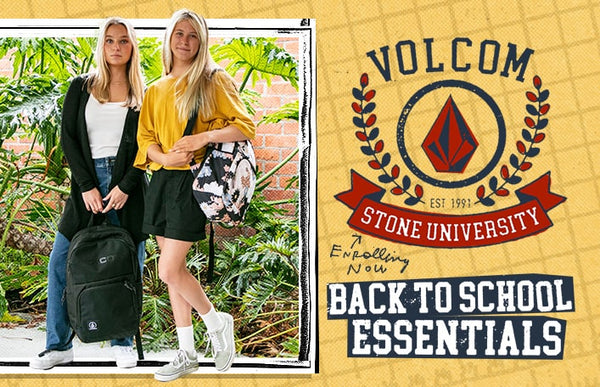

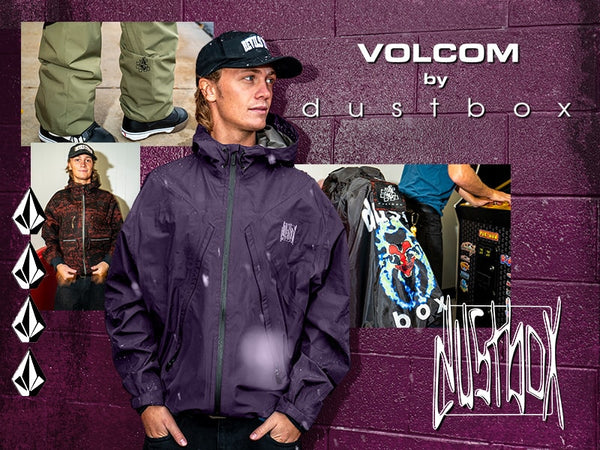
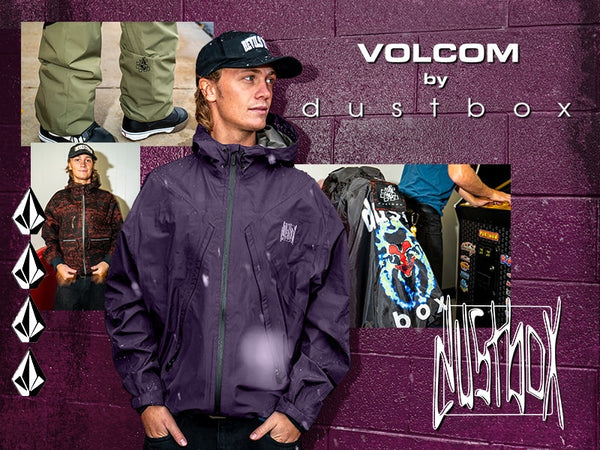

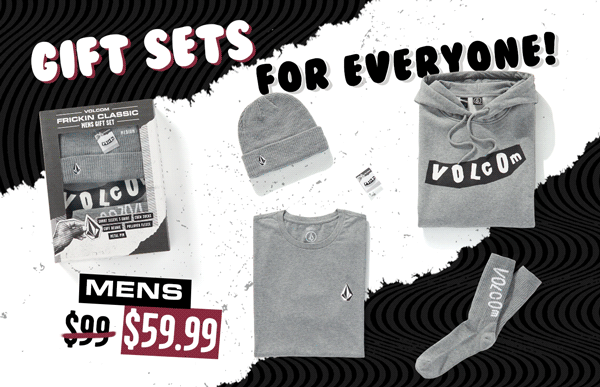



Houston’s native son, Fat Tony, born Anthony Lawson Jude Ifeanyichukwu Obiawunaotu, has been everywhere: from star-making turns on the first A$AP Rocky mixtape to hosting shows on Viceland and Super Deluxe, to co-founding a DIY culture magazine to playing every worthwhile rap party in America and burning the stage down every single time. A singular and experimentally-minded rap artist adept at both traditional regional styles and indie pop, hardcore thrash and melodic candy-painted bangers. He is punk in the platonic sense of the word: experimental and subversive, but also funny, whimsical, and virtuosic.
Raised in Houston’s historically black and culturally radical neighborhood, the Third Ward, Tony’s mom and teachers educated him from the get-go about how this was the regional cradle for the Black Panther Party -- and how BP hero, Carl Hampton, was murdered by the Houston Police Department. It was an environment where social awareness and Pan-Africanism were always around and celebrated. His childhood home was filled with records—country music, King Sunny Adé, and Jimmy Cliff from his father’s collection, his mother’s classical music, rock, and soul, and his granny’s gospel. Then as a teenager, empowered by the internet and his discovery of independent artists like E-40, Bikini Kill, and Bad Brains, Fat Tony began recording and distributing his own music. Heavily influenced by renowned Texas rappers like UGK and Scarface, Fat Tony started playing and organizing live shows at a time when there wasn’t much of a scene for young artists in Houston. He started booking bands of all types from all over, hand-making flyers for the shows and mailing them to addresses nabbed from the Carnegie Vanguard High School student directory.
Over the course of more than a half-dozen LPs, and countless other short-form gems and collaborations with everyone from Das Racist to Bun B, Fat Tony has reimagined and blurred the boundaries of hip-hop. His dedication to Houston’s rap scene earned him Houston Press Music Awards’ “Best Underground Hip Hop Artist” in 2008, 2009, 2010, and 2013. His sonically unpredictable and emotionally vulnerable music has garnered praise from Pitchfork, The Fader, and Noisey. His achievements in rap have pushed him out of his comfort zone into other performance and hosting opportunities on TV and the Internet.
Houston’s native son, Fat Tony, born Anthony Lawson Jude Ifeanyichukwu Obiawunaotu, has been everywhere: from star-making turns on the first A$AP Rocky mixtape to hosting shows on Viceland and Super Deluxe, to co-founding a DIY culture magazine to playing every worthwhile rap party in America and burning the stage down every single time. A singular and experimentally-minded rap artist adept at both traditional regional styles and indie pop, hardcore thrash and melodic candy-painted bangers. He is punk in the platonic sense of the word: experimental and subversive, but also funny, whimsical, and virtuosic.
Raised in Houston’s historically black and culturally radical neighborhood, the Third Ward, Tony’s mom and teachers educated him from the get-go about how this was the regional cradle for the Black Panther Party -- and how BP hero, Carl Hampton, was murdered by the Houston Police Department. It was an environment where social awareness and Pan-Africanism were always around and celebrated. His childhood home was filled with records—country music, King Sunny Adé, and Jimmy Cliff from his father’s collection, his mother’s classical music, rock, and soul, and his granny’s gospel. Then as a teenager, empowered by the internet and his discovery of independent artists like E-40, Bikini Kill, and Bad Brains, Fat Tony began recording and distributing his own music. Heavily influenced by renowned Texas rappers like UGK and Scarface, Fat Tony started playing and organizing live shows at a time when there wasn’t much of a scene for young artists in Houston. He started booking bands of all types from all over, hand-making flyers for the shows and mailing them to addresses nabbed from the Carnegie Vanguard High School student directory.
Over the course of more than a half-dozen LPs, and countless other short-form gems and collaborations with everyone from Das Racist to Bun B, Fat Tony has reimagined and blurred the boundaries of hip-hop. His dedication to Houston’s rap scene earned him Houston Press Music Awards’ “Best Underground Hip Hop Artist” in 2008, 2009, 2010, and 2013. His sonically unpredictable and emotionally vulnerable music has garnered praise from Pitchfork, The Fader, and Noisey. His achievements in rap have pushed him out of his comfort zone into other performance and hosting opportunities on TV and the Internet.


Click on your country Choose your Country:ca Choose your Country:eu Choose your Country:es Choose your Country:de Choisissez votre région Choose your Country:ch Choose your Country:uk Choose your Country:au Choose your Country:jp
(US shipping only) (us)(CA shipping only) (us)(EU shipping only) (us)(ES shipping only) (us)(DE shipping only) (us)(Livraison uniquement en France) (CH Shipping only) (us)(UK shipping only) (us)(AU shipping only) (us)(JP shipping only) (us) (US shipping only) (ca)(CA shipping only) (ca)(EU shipping only) (ca)(ES shipping only) (ca)(DE shipping only) (ca)(FR shipping only) (ca)(CH Shipping only) (ca)(UK shipping only) (ca)(AU shipping only) (ca)(JP shipping only) (ca) (US shipping only) (eu)(CA shipping only) (eu)(EU shipping only) (eu)(ES shipping only) (eu)(DE shipping only) (eu)(FR shipping only) (eu)(CH Shipping only) (eu)(UK shipping only) (eu)(AU shipping only) (eu)(JP shipping only) (eu) (US shipping only) (es)(CA shipping only) (es)(EU shipping only) (es)(ES shipping only) (es)(DE shipping only) (es)(FR shipping only) (es)(CH Shipping only) (es)(UK shipping only) (es)(AU shipping only) (es)(JP shipping only) (es) (US shipping only) (de)(CA shipping only) (de)(EU shipping only) (de)(ES shipping only) (de)(DE shipping only) (de)(FR shipping only) (de)(CH Shipping only) (de)(UK shipping only) (de)(AU shipping only) (de)(JP shipping only) (de) (US shipping only) (us)(CA shipping only) (fr)(EU shipping only) (fr)(ES shipping only) (fr)(DE shipping only) (fr)(FR shipping only) (fr)(CH Shipping only) (fr)(UK shipping only) (fr)(AU shipping only) (fr)(JP shipping only) (fr) (US shipping only) (ch)(CA shipping only) (ch)(EU shipping only) (ch)(ES shipping only) (ch)(DE shipping only) (ch)(FR shipping only) (ch)(CH Shipping only) (ch)(UK shipping only) (ch)(AU shipping only) (ch)(JP shipping only) (ch) (US shipping only) (uk)(CA shipping only) (uk)(EU shipping only) (uk)(ES shipping only) (uk)(DE shipping only) (uk)(FR shipping only) (uk)(CH Shipping only) (uk)(UK shipping only) (uk)(AU shipping only) (uk)(JP shipping only) (uk) (US shipping only) (au)(CA shipping only) (au)(EU shipping only) (au)(ES shipping only) (au)(DE shipping only) (au)(FR shipping only) (au)(CH Shipping only) (au)(UK shipping only) (au)(AU shipping only) (au)(JP shipping only) (au) (US shipping only) (jp)(CA shipping only) (jp)(EU shipping only) (jp)(ES shipping only) (jp)(DE shipping only) (jp)(FR shipping only) (jp)(CH Shipping only) (jp)(UK shipping only) (jp)(AU shipping only) (jp)(JP shipping only) (jp)
(US shipping only) (us)(US shipping only) (ca)(US shipping only) (eu)(US shipping only) (es)(US shipping only) (de)(US shipping only) (us)(US shipping only) (ch)(US shipping only) (uk)(US shipping only) (au)(US shipping only) (jp)

 Back
Back

Sign in or join now to access exclusive products, limited collections & first dibs on new arrivals!
I want to be a member

